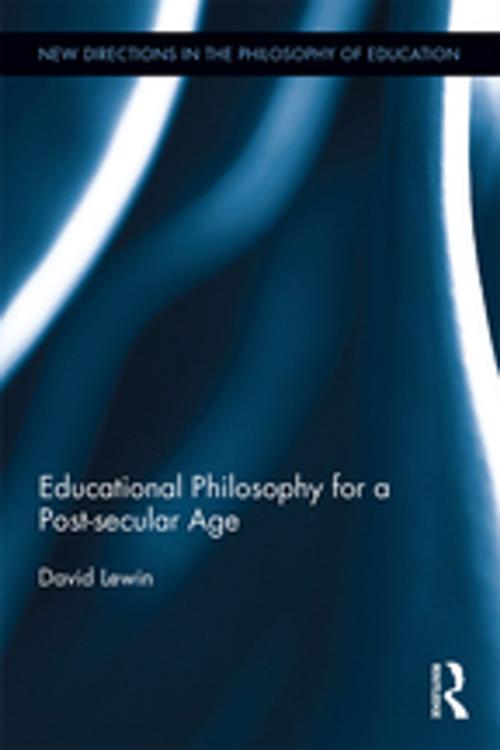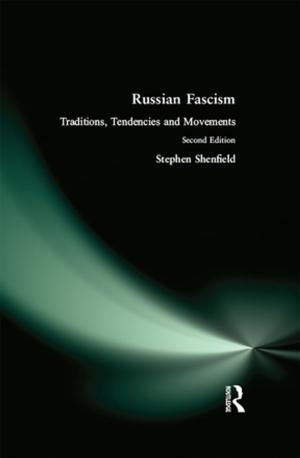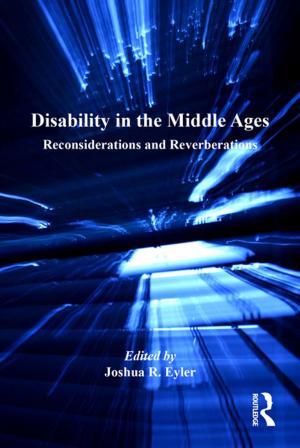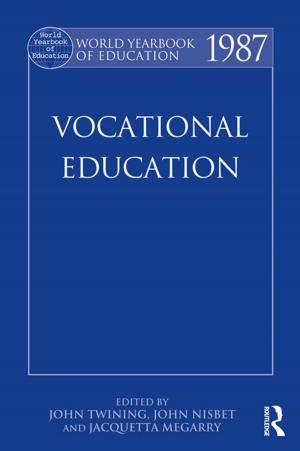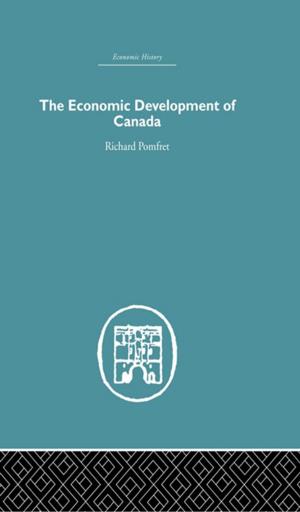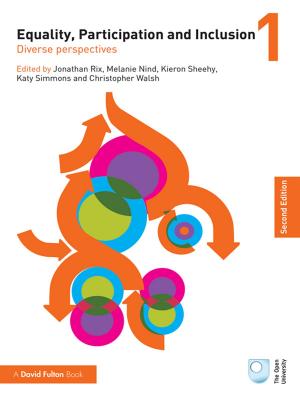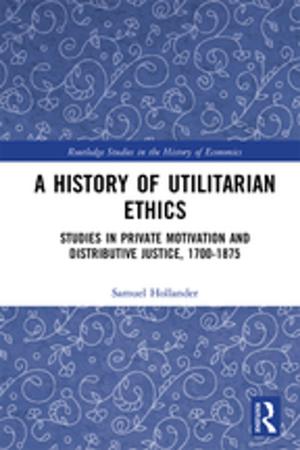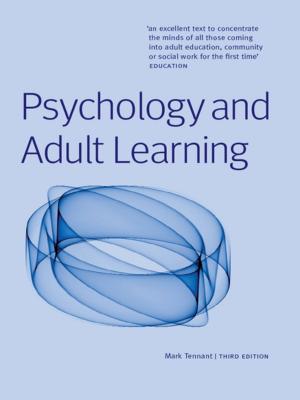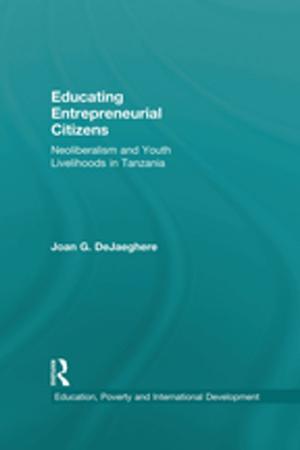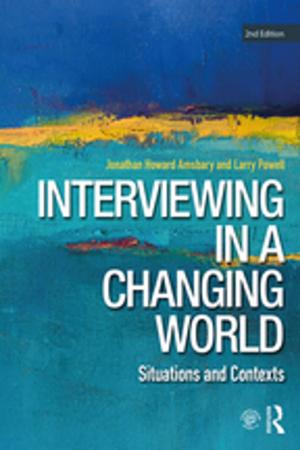Educational Philosophy for a Post-secular Age
Nonfiction, Reference & Language, Education & Teaching, Educational Theory, Philosophy & Social Aspects| Author: | David Lewin | ISBN: | 9781317410553 |
| Publisher: | Taylor and Francis | Publication: | October 4, 2016 |
| Imprint: | Routledge | Language: | English |
| Author: | David Lewin |
| ISBN: | 9781317410553 |
| Publisher: | Taylor and Francis |
| Publication: | October 4, 2016 |
| Imprint: | Routledge |
| Language: | English |
Educational Philosophy for a Post-secular Age reinterprets post-secular insights for educational theory by recognising that the persistence of religion in contemporary life raises new questions about the place of religion in education. Two common assumptions are critically examined: first, that the better educated a society becomes, the more secular it becomes, and second, that religion can and should be separated from public education. For too long, religion has had an uneasy relationship with education, being seen either as a foreign invader, a problem to be solved, or as a mechanism by which to reinforce particular religious, cultural or national identities. In order to move educational theory beyond the debates about indoctrination and competing rights between parents, children and nation states, the argument undercuts rationalist conceptions of religion and education that tend to frame the debates in terms of competing truth claims or worldviews.
Drawing on a diverse range of theological, philosophical and educational sources, this book demonstrates the continuing significance of the Christian mystical tradition to educational theory. It proposes an exploration of democratic education that brings together two apparently irreconcilable poles: the meaning of religion in education and contemporary life, and the need for a deliberative democratic process that is fit for the post-secular age. It argues that religious literacy can be served by democratic encounters in public religious education.
Educational Philosophy for a Post-secular Age will be of interest to researchers, academics and postgraduate students in the fields of the philosophy of education, philosophy of religion, education policy, politics, anthropology and cultural theory. It will particularly appeal to those, of both secular and religious persuasions, interested in the place of religion in education and public life.
Educational Philosophy for a Post-secular Age reinterprets post-secular insights for educational theory by recognising that the persistence of religion in contemporary life raises new questions about the place of religion in education. Two common assumptions are critically examined: first, that the better educated a society becomes, the more secular it becomes, and second, that religion can and should be separated from public education. For too long, religion has had an uneasy relationship with education, being seen either as a foreign invader, a problem to be solved, or as a mechanism by which to reinforce particular religious, cultural or national identities. In order to move educational theory beyond the debates about indoctrination and competing rights between parents, children and nation states, the argument undercuts rationalist conceptions of religion and education that tend to frame the debates in terms of competing truth claims or worldviews.
Drawing on a diverse range of theological, philosophical and educational sources, this book demonstrates the continuing significance of the Christian mystical tradition to educational theory. It proposes an exploration of democratic education that brings together two apparently irreconcilable poles: the meaning of religion in education and contemporary life, and the need for a deliberative democratic process that is fit for the post-secular age. It argues that religious literacy can be served by democratic encounters in public religious education.
Educational Philosophy for a Post-secular Age will be of interest to researchers, academics and postgraduate students in the fields of the philosophy of education, philosophy of religion, education policy, politics, anthropology and cultural theory. It will particularly appeal to those, of both secular and religious persuasions, interested in the place of religion in education and public life.
